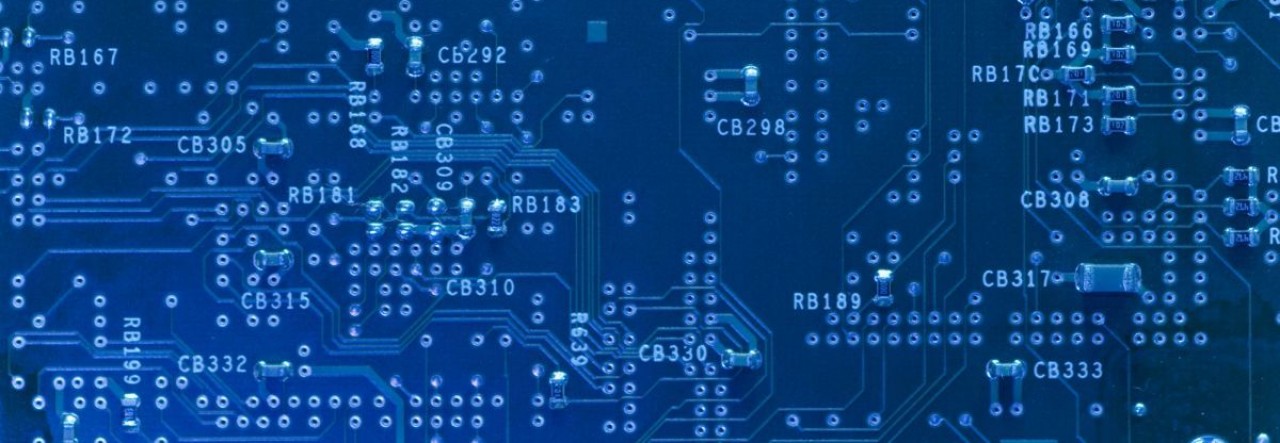Today I was watching the old 90’s movie “The Mask”, based on the comic of the same name. In the movie adaptation, the titular “mask” is an artifact made by the Norse god Loki which imbues its wearer with tremendous supernatural power while amplifying their personality. It’s a surprisingly decent adaptation, was a perfect fit for Jim Carey at his comedic peak, and introduced Cameron Diaz to the world. So there is a lot to like in The Mask, but this isn’t really about any of that. Thinking about Loki got me thinking about the theological archetype of “the trickster”.
For anyone not versed on theology, or cultural anthropology, a quick primer might be in order. Throughout human history, mankind has created myths and religion to fill in gaps in our knowledge and explain the unexplainable. And in each case, these tales have been told in human terms. Gods and goddesses were, ironically, created in our image as a reflection of various facets of the human condition and the natural world; each representing some human quality, or natural force, personified. Love, war, death, fertility, compassion, the elements; everything one would imagine has been represented in nearly every cultures dogma. And among all of these archetypes, the most interesting is “the trickster”.
The trickster is found in every culture. It represents chaos. But more importantly, non-conformity. To attempt to brand this as “good” or “evil” completely misses the point. And this is where I think monotheism has caused tremendous harm. With the introduction of monotheism, all nuance was lost. What became of the trickster? Non-conformity, disruption, “naughtiness”, anything out of sync with the status-quo, have no real place in a purely binary system. All of these grey area behaviors end up assigned to the devil figure.
This type of binary thinking is extremely dangerous as it takes normal human behaviors, and casts divine judgement on them. Instead of being a personified reflection of human behavior, the divine becomes an unreasonable, and unachievable, ideal. After all, would a perfect “god” figure every have a moment of weakness? Or decide to break a rule? No. The message becomes “you are human and weak, so you break a rule, but you should beg for forgiveness and possibly be redeemed” But the thing is, rule breaking is at times essential. Part of being human is learning what being human means, and this requires exploration that can be messy. Relegating all human frailty to the archetypal evil, pushing it into the shadows with “the devil”, and standing in denial and judgement, leads to the types of repression and abuse that we have seen in nearly all modern monotheistic religions.
Contrary to the notion that polytheism is the primitive, and unsophisticated, belief system, I think a strong case can be made that polytheism was far healthier and much better aligned to the needs that religion should fill. Taking the totality of the human condiiton and being realistic about it. Assigning a divine overseer to the full spectrum of human behavior, and all of its shades of grey, rather than attempting to impose a simplistic and binary ideal.

